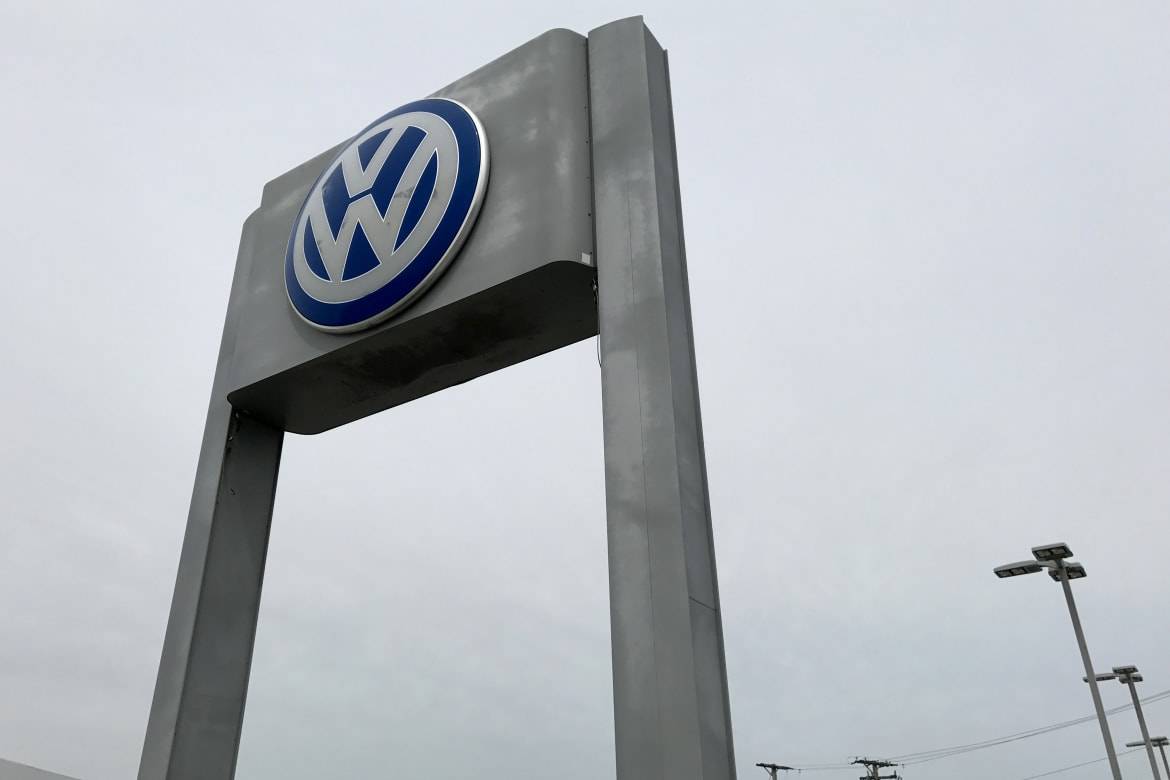VW Four-Cylinder Diesels Mostly Fixed or Off the Road


CARS.COM — More than 60 percent of Volkswagen Group’s four-cylinder diesel cars implicated for illegal emissions controls have been repaired or taken off U.S. roads, the automaker and plaintiffs’ groups announced. The news comes eight months after regulators approved a landmark settlement on the vast majority of Volkswagen’s noncompliant cars, which have illegal software that thwarts U.S. emissions tests.
Related: VW Diesel Crisis: Timeline of Events
VW calls its diesel cars TDIs; some Audi and Porsche models are also affected, as both brands fall under the Volkswagen Group. In a joint status update filed June 23 to a California District Court, the automaker and other stakeholders said 300,510 of the 487,532 affected diesel four-cylinder cars, or 61.6 percent, have been “reacquired, modified or otherwise removed from commerce.”
Court documents show VW has paid out $6.3 billion so far to consumers who participated in the four-cylinder claims program. That translates to some $21,000 per vehicle on average, though amounts vary between those who participated in the buyback and those who took the repair and restitution payment but not the buyback. Consumers have until September 2018 to decide if they want to participate, and Volkswagen has until mid-2019 to remove or fix 85 percent of the diesels involved.
The four-cylinder encompasses three generations of VW’s 2.0-liter turbo-diesel engine in cars from the 2009-15 model years, and each generation varies in engineering complexity. The automaker received regulatory approval earlier this year for a fix on most second- and third-generation engines, which account for about a quarter of the total pool. Court documents showed that as of June 14, about 26,000 cars received it — the vast majority of them third-generation cars, all of which hail from the 2015 model year. By comparison, around 120,000 second- and third-generation diesel four-cylinder cars exist on U.S. roads, though some in that pool (specifically, second-generation TDIs with manual transmissions) don’t have an approved fix.
Regulators so far have approved the resale of third-generation diesel four-cylinders once repaired, but VW spokeswoman Jeannine Ginivan did not have a tally of sales or availability yet. Still, court documents showed about 15,000 of the third-gen cars had been fixed “for the purposes of initial sale or resale.”
A fix remains unavailable for first-generation diesels — a group of 2009-14 model-year cars that encompasses three-quarters of the entire four-cylinder group.
For a related group of V-6 diesel cars involved in the scandal, Volkswagen says about 42,000 consumers have submitted claims for the automaker’s fix or buyback programs. That’s signals about half of the V-6 pool, which includes some 80,000 Audi, Porsche and Volkswagen models from the 2009-16 model years.
Court documents noted “significant time, resources and funds” expended on Volkswagen’s part to execute the 2.0-liter claims program between the dates of the initial settlement and final court approval — a span of 126 days. Lessons learned in the 2.0-liter program mean claims processing for the diesel V-6s “has already been smoother,” court documents said. Volkswagen anticipates further efficiency improvements going forward in how it processes both the four-cylinder and V-6 claims.
The automaker faces penalties of more than $20 billion to resolve its global diesel scandal in the U.S. alone, plus untold amounts internationally.

Former Assistant Managing Editor-News Kelsey Mays likes quality, reliability, safety and practicality. But he also likes a fair price.
Featured stories




